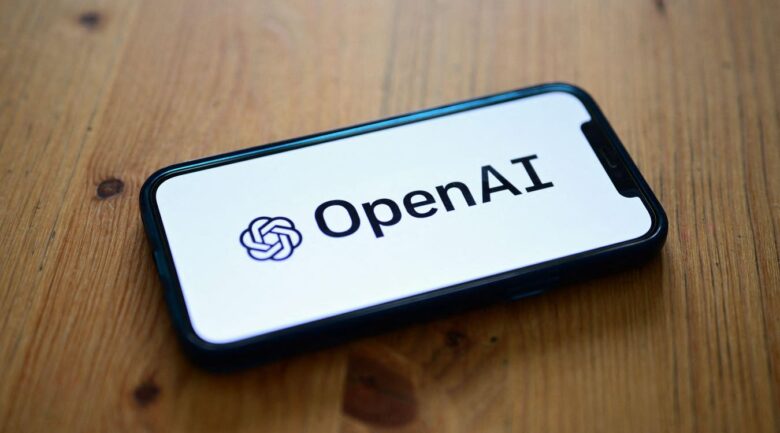In today’s competitive market, small and medium-sized businesses (SMBs) often struggle to keep up with larger corporations that have more resources, bigger budgets, and established brand recognition. However, Artificial Intelligence (AI) is leveling the playing field, giving SMBs access to tools and insights that were once only available to big companies. From automating tasks to improving customer experiences, AI empowers small businesses to compete effectively and grow sustainably.
In this article, we’ll explore how AI can help SMBs compete with larger corporations and highlight specific tools and strategies to get started.
1. Automating Repetitive Tasks
One of the biggest challenges for SMBs is managing limited resources. AI can automate repetitive, time-consuming tasks, freeing up your team to focus on strategic initiatives.
Example: Tools like QuickBooks use AI to automate bookkeeping, invoicing, and payroll, reducing errors and saving hours of manual work.
Impact: By automating routine tasks, SMBs can operate more efficiently and allocate resources to growth-focused activities, such as product development or customer acquisition.
2. Enhancing Customer Experiences
AI-powered tools can help SMBs deliver personalized, responsive customer experiences that rival those of larger companies.
Example: Chatbots like Tidio can handle customer inquiries, process orders, and provide 24/7 support, ensuring your customers get the help they need without waiting.
Impact: Personalized, timely interactions build customer loyalty and satisfaction, helping SMBs compete with larger brands.
3. Improving Marketing Efforts
AI can analyze customer data to create targeted marketing campaigns that drive engagement and sales, even on a limited budget.
Example: Platforms like Mailchimp use AI to segment your audience and recommend personalized email campaigns, improving open and click-through rates.
Impact: By delivering the right message to the right audience at the right time, SMBs can maximize their marketing ROI and compete with larger corporations.
4. Optimizing Ad Spend
AI can analyze ad performance in real-time and adjust bids to maximize ROI, ensuring your advertising budget is used effectively.
Example: Google Ads uses AI to optimize your bids, target the right audience, and provide insights into ad performance.
Impact: By optimizing ad spend, SMBs can reach more customers while reducing costs, making it easier to compete with larger competitors.
5. Streamlining Inventory Management
AI can predict demand, optimize stock levels, and reduce waste, helping SMBs manage inventory more effectively.
Example: Tools like Shopify use AI to analyze sales trends and predict inventory needs, ensuring you never run out of popular products.
Impact: Efficient inventory management helps SMBs avoid overstocking or stockouts, improving customer satisfaction and reducing costs.
6. Providing Data-Driven Insights
AI can analyze vast amounts of data to uncover trends and patterns, helping SMBs make informed decisions.
Example: CRMs like HubSpot CRM use AI to analyze customer interactions and identify high-potential leads, enabling your sales team to prioritize their efforts.
Impact: Data-driven insights help SMBs make smarter decisions about where to allocate resources, how to target their marketing efforts, and which products to focus on.
7. Enhancing Employee Productivity
AI tools can help SMBs streamline workflows, improve collaboration, and boost employee productivity.
Example: Tools like Slack use AI to organize conversations, suggest relevant files, and automate routine tasks, making it easier for teams to collaborate effectively.
Impact: By improving communication and workflow, AI helps SMBs operate more efficiently and compete with larger teams.
Real-World Examples of SMBs Using AI to Compete
Here are a few ways small businesses are leveraging AI to compete with larger corporations:
- Retail: AI tools like Shopify help online stores predict inventory needs and recommend products to customers, creating personalized shopping experiences.
- Healthcare: Small clinics use AI-powered scheduling tools like Zocdoc to optimize appointments and reduce wait times, improving patient satisfaction.
- Restaurants: AI platforms like Toast analyze customer preferences to create personalized menus and promotions, driving customer loyalty.
How SMBs Can Get Started with AI
Ready to leverage AI to compete with larger corporations? Here’s how to get started:
- Identify Pain Points: Determine which areas of your business could benefit most from AI, such as customer support, marketing, or inventory management.
- Choose the Right Tools: Explore affordable, user-friendly AI tools like Mailchimp, Tidio, or HubSpot CRM.
- Start Small: Begin with one tool that addresses a specific need, such as automating email campaigns or improving customer support.
- Monitor Results: Track the impact of AI on your business and make adjustments as needed.
AI is a powerful tool that can help SMBs compete with larger corporations by automating tasks, improving customer experiences, and providing data-driven insights. By embracing AI, small businesses can level the playing field, operate more efficiently, and focus on what they do best—delivering unique value to their customers.
Start exploring AI tools today and see how they can help your business grow and thrive in today’s competitive market!




